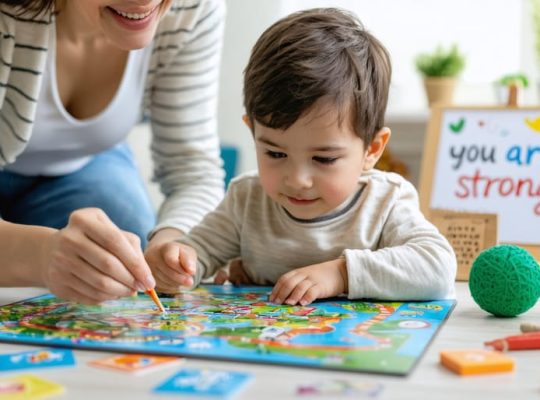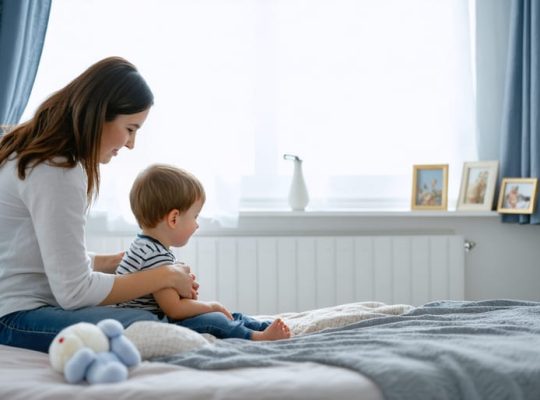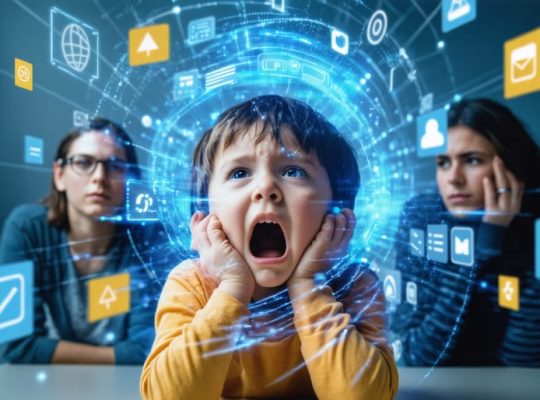Building Strong Minds: How Parents Can Foster Mental Health Resilience in Children
Building mental health resilience starts by recognizing that emotional strength isn’t fixed – it’s a skill we can actively develop at any age. Just as we exercise our bodies, we can strengthen our psychological muscles through daily practices that enhance our ability to bounce back from life’s challenges. Learning to boost your child’s mental health and resilience creates a foundation for lifelong emotional wellbeing.
Research shows that resilient individuals share key characteristics: strong …










